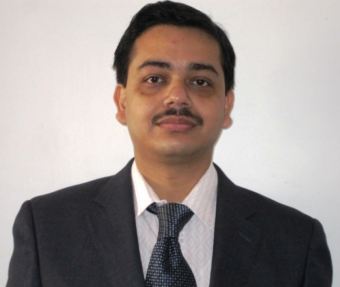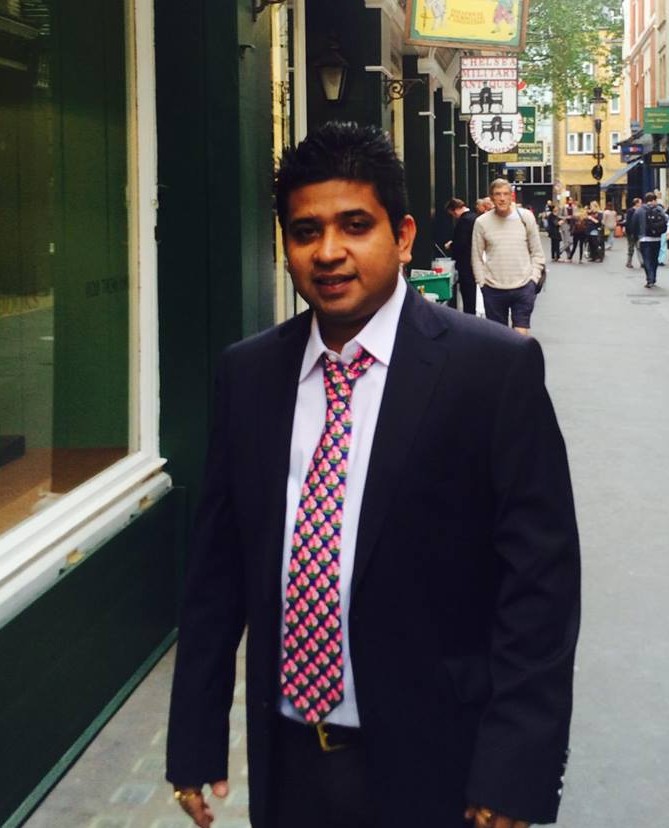Heart Failure
Dr. Ganesh Nallur Shivu
Consultant Interventional Cardiologist
BGS Global Hospitals, Bangalore
MBBS, MRCP, PhD (Cardiology), CCT (Cardiology, UK)
British Heart Foundation Research Fellowship, University of Birmingham, UK
Interventional Cardiology Fellowship, Cardiff, UK
Interventional Cardiology Fellowship, Swansea, UK
Formerly Consultant Interventional Cardiologist at Nottingham University Hospitals
What is heart failure?
The heart is a muscular pump and its function is to pump blood to all parts of the body including the vital organs like brain, kidney etc. When the heart fails to deliver enough blood supply to these vital organs it is termed heart failure.
What are the symptoms and signs?
Common symptoms are difficulty in breathing on walking or other activities, swelling in the legs or abdomen, fatigue and lack of energy.
Who can get heart failure?
Heart failure usually occurs in patients with previous history of heart attacks, angioplasty or coronary artery bypass grafting. Uncontrolled high blood pressure and diabetes for a long time can also result in heart failure. Heart failure can also occur in young patients following a viral illness and this is termed as viral myocarditis or in patients with rheumatic heart disease (valvular disease causing heart failure).
What are the common tests done to diagnose and treat heart failure?
The doctor usually performs an ECG, echocardiogram and blood tests. The echocardiogram is an ultrasound examination of the heart and helps the doctor to determine the functional capacity of the heart (which is usually expressed as left ventricular ejection fraction) and also the functioning of the different valves in the heart (Mitral, aortic, tricuspid and pulmonary). The blood tests are done to determine other causes that could mimic heart failure like anemia, kidney failure, liver failure and thyroid problems. After heart failure is diagnosed the doctor may consider doing a coronary angiogram to look for blockages in the heart arteries as the cause of the heart failure.
What is the treatment of heart failure?
The doctor will prescribe medications to get rid of excess fluid (diuretics or water tablets) and other medications to help the recovery of the heart function (ACE inhibitors, AT2 antagonists and betablockers).
What are the other treatment options for heart failure?
The doctor will consider treatment of the cause of heart failure. This may include coronary angioplasty, coronary artery bypass grafting and valve replacement. There are also special kind of pacemakers (cardiac resynchronisation therapy), which can improve symptoms and prognosis in patients. In extreme cases left ventricular assist devices and heart transplantation will be considered.
What should the patients do help themselves?
a) The patients should ensure that they take the medications prescribed by the doctors promptly.
b) They should undertake regular exercise like walking after consultation with their doctor.
c) They should reduce their salt intake daily.
d) They should restrict the amount of fluid intake per day as suggested by their doctor.
e) They should regularly follow up with their doctor to ensure there has not been any deterioration in their heart function.
f) They should seek urgent medical help if their symptoms worsen at any point.
What is the prognosis?
The prognosis of heart failure can be worse than some cancers. It therefore very important to ensure that patients take prompt treatment and follow the advise of their doctor in order to improve look term outlook.

-
09July


-
23May


-
21September


Workshop on Basic Life Support and Symptom Recognition of Heart Disease and Heart Attack


 Dr. Bikash Majumder
MD, MRCP (London), CCT (Cardiology, UK), MD (Research)(London).…
Dr. Bikash Majumder
MD, MRCP (London), CCT (Cardiology, UK), MD (Research)(London).…
 Mr. Biswadeep Ghosh
“Being a businessman, I visit many places and…
Mr. Biswadeep Ghosh
“Being a businessman, I visit many places and…



